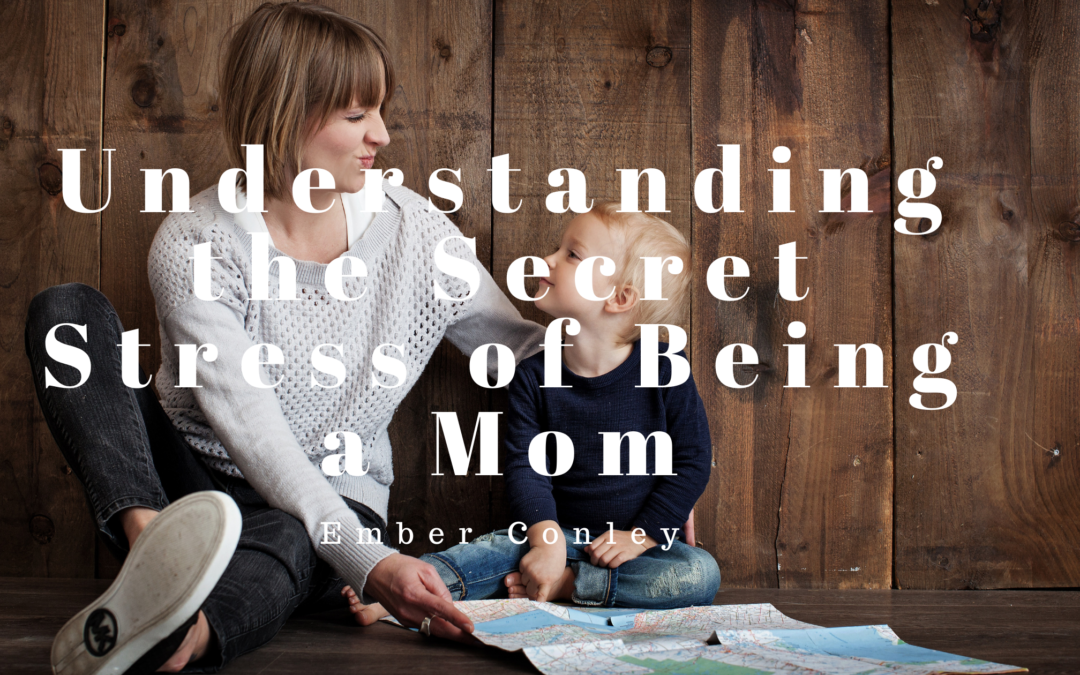Many of motherhood’s challenges remain unseen and unacknowledged. Stay-at-home mothers give up careers and put their goals on hold to take care of their children. Working moms have to juggle both home and work responsibilities. In addition, there are societal pressures for women to be “perfect” parents.
In a survey conducted by the Pew Research Center, 77% of respondents said that women face too much pressure to be an involved parent. Only 49% said the same thing about men. While fathers are helping with household responsibilities more than ever, most of the labor still falls on women whether they work or stay at home.
Mothers face what’s known as “time poverty”: having too much to do and too little time to accomplish it all. A study published in the Australian Journal of Social Issues revealed that mothers struggle to combine bonding with their children, connecting with their spouses, and managing family organization with their work obligations. Even mothers who ably juggle many responsibilities reported that the stress it caused diminished the quality of their lives.
In another study of heterosexual relationships, 90% of mothers reported being in charge of their family’s schedule. 80% claimed to be responsible for dealing with school-related issues, and nearly two-thirds of the women claimed to be the only parent to deal with their children’s emotional needs. These unacknowledged burdens cause additional stress.
Rather than helping the hidden labors of motherhood, modern society has exacerbated them. Social media focusing on positivity and showcasing “perfect” parenting leaves mothers feeling inadequate. Message boards that should be places of encouragement and solidarity are instead fonts of mommy shaming and criticism of parenting styles.
There are no easy solutions to these hidden burdens of motherhood. Women must be honest with their partners about sharing the load more equally. Fathers must be proactive about helping with the emotional labors of family life. In times of high stress, reaching out for help becomes essential.
Suicide is the number one cause of maternal death within a year of a child’s birth. It accounts for nearly 20% of postpartum deaths. Invisible burdens cause exhaustion, anxiety, irritability, and depression. Mothers need a firm, active support system to weather these storms.
